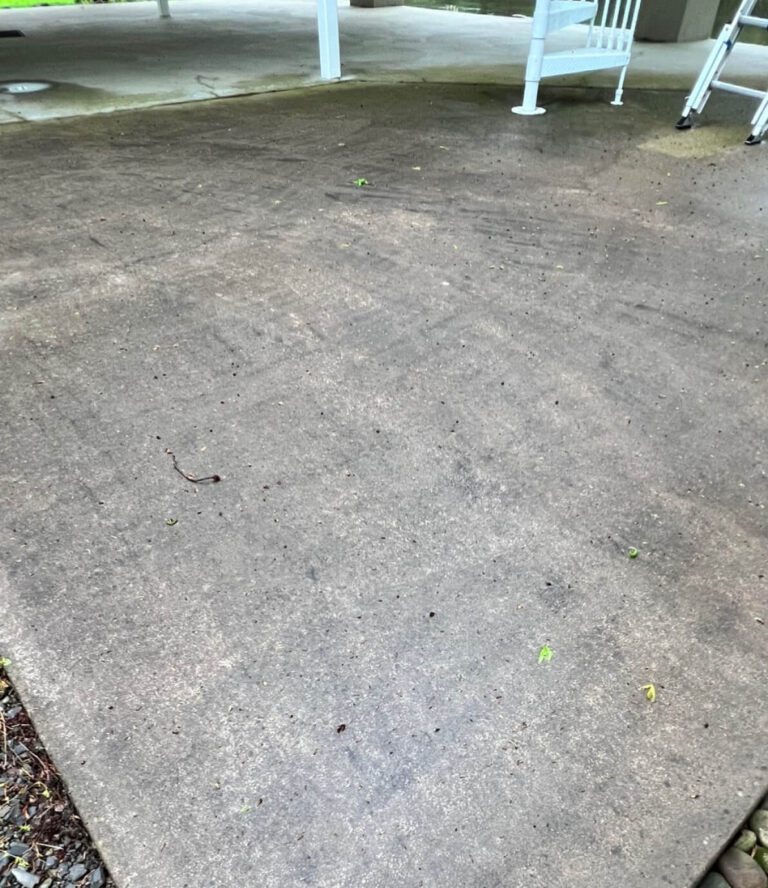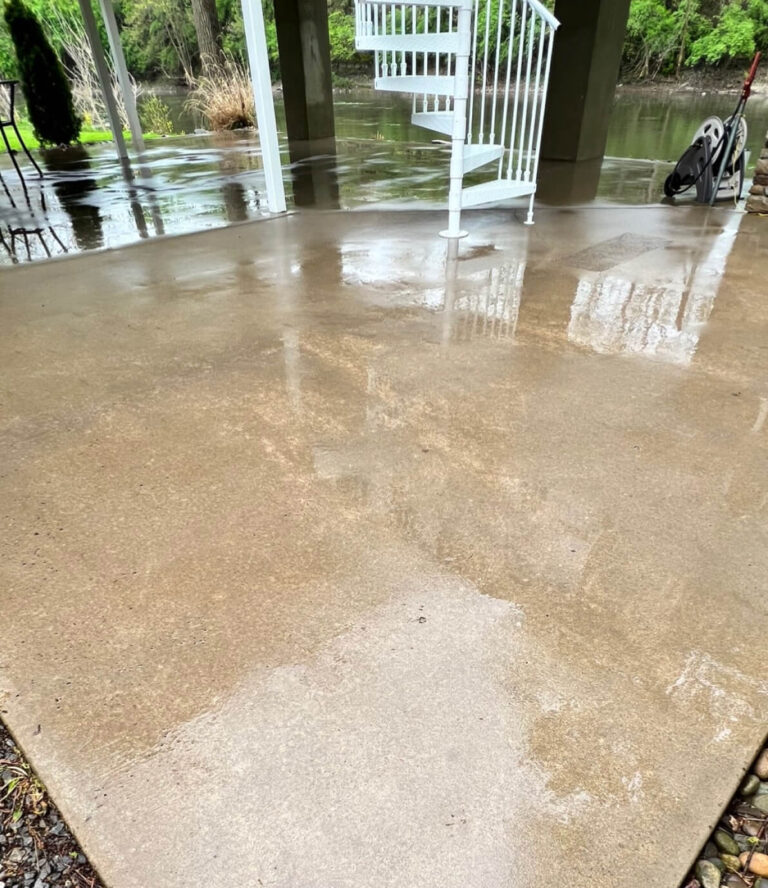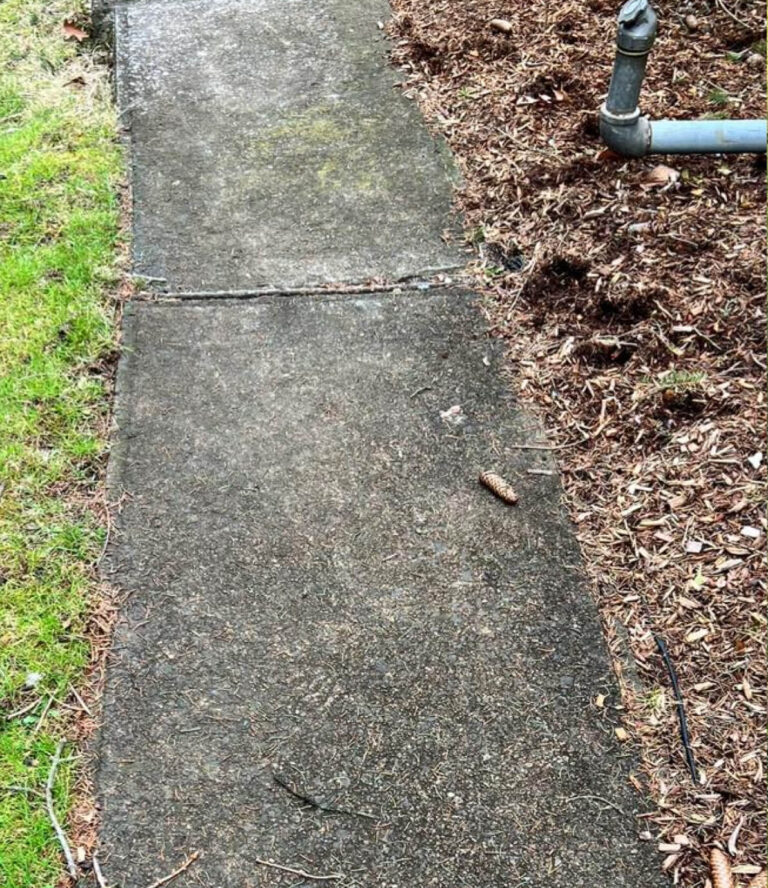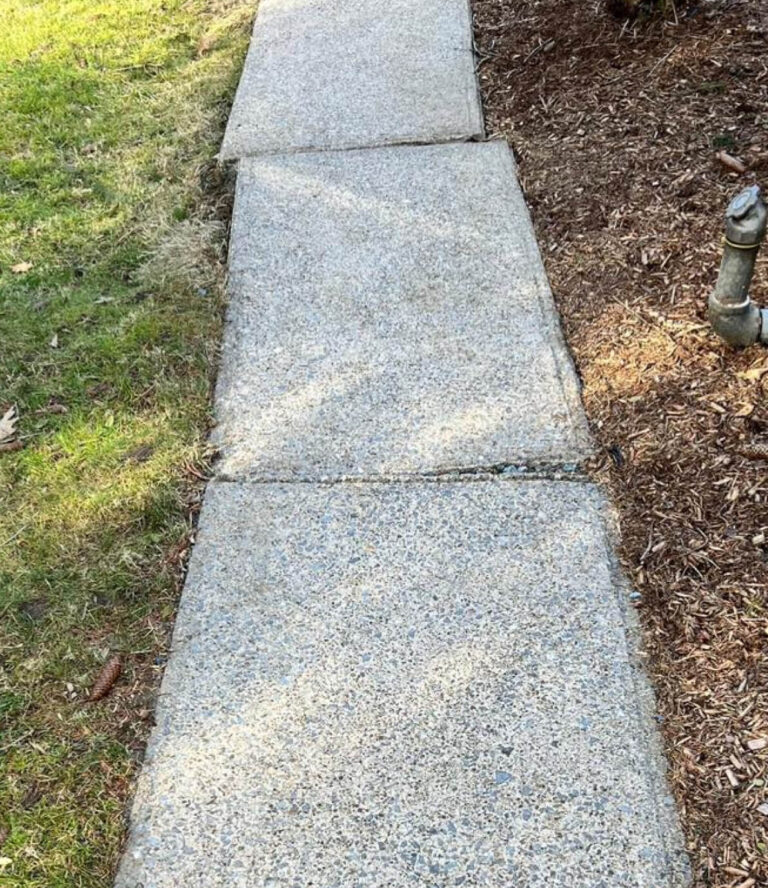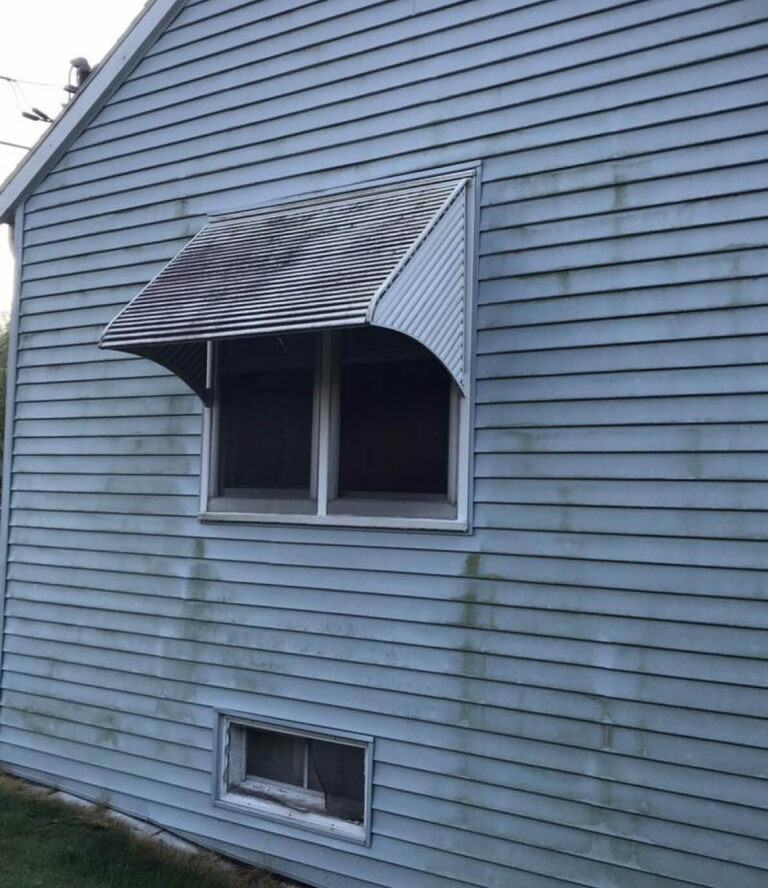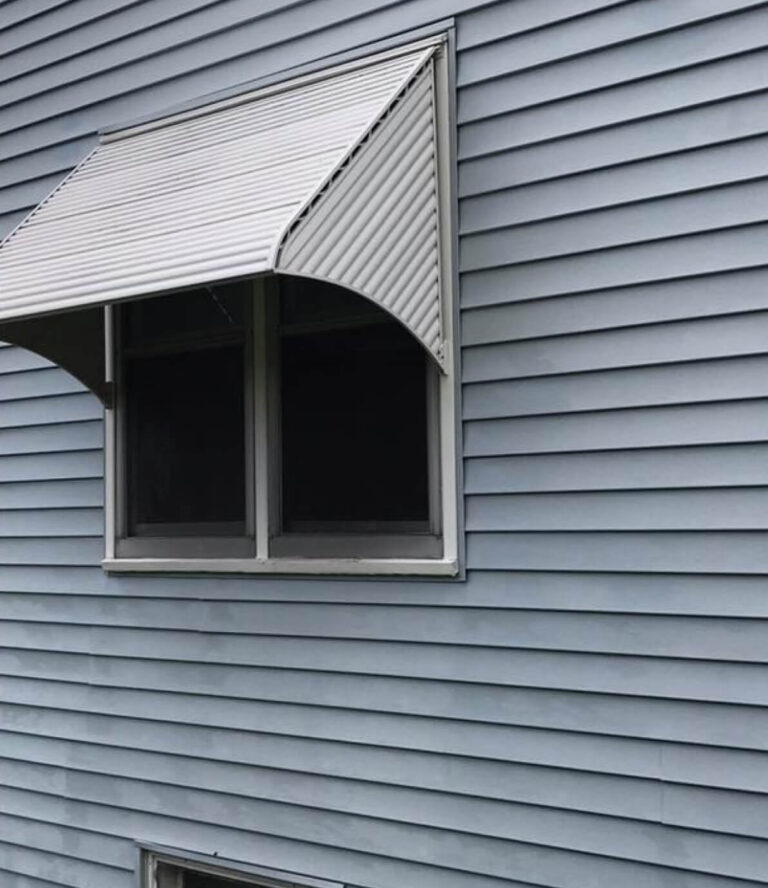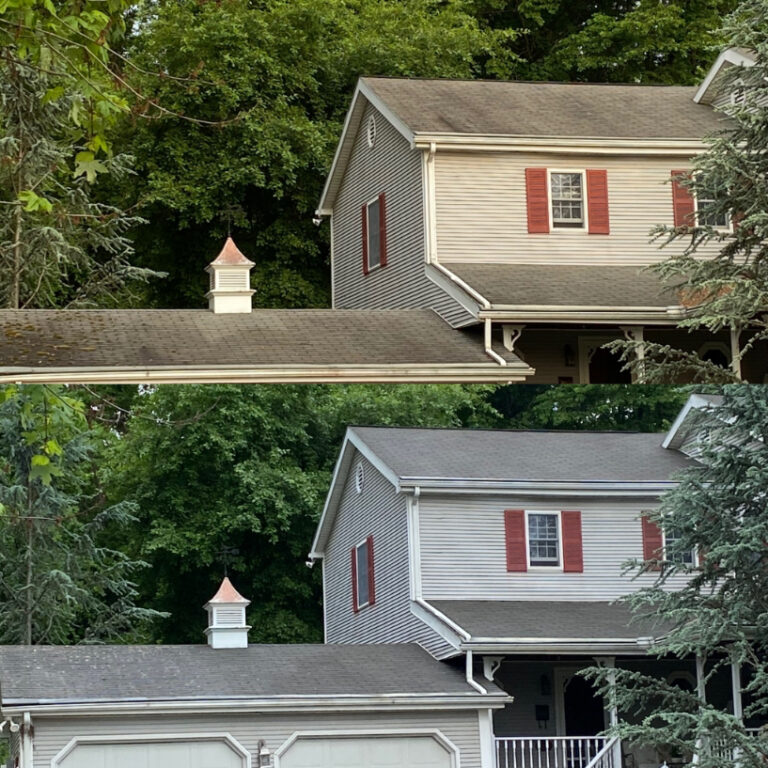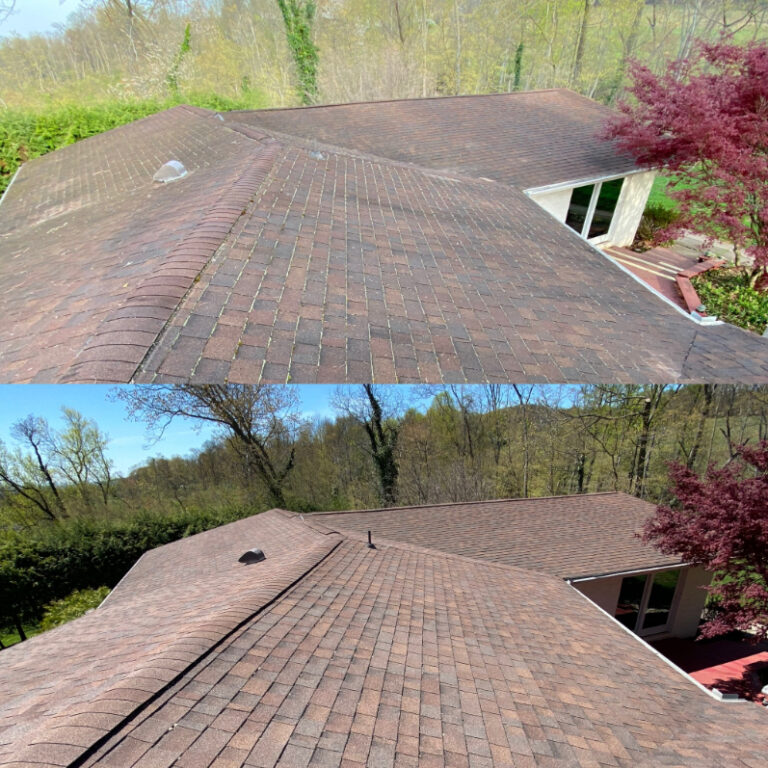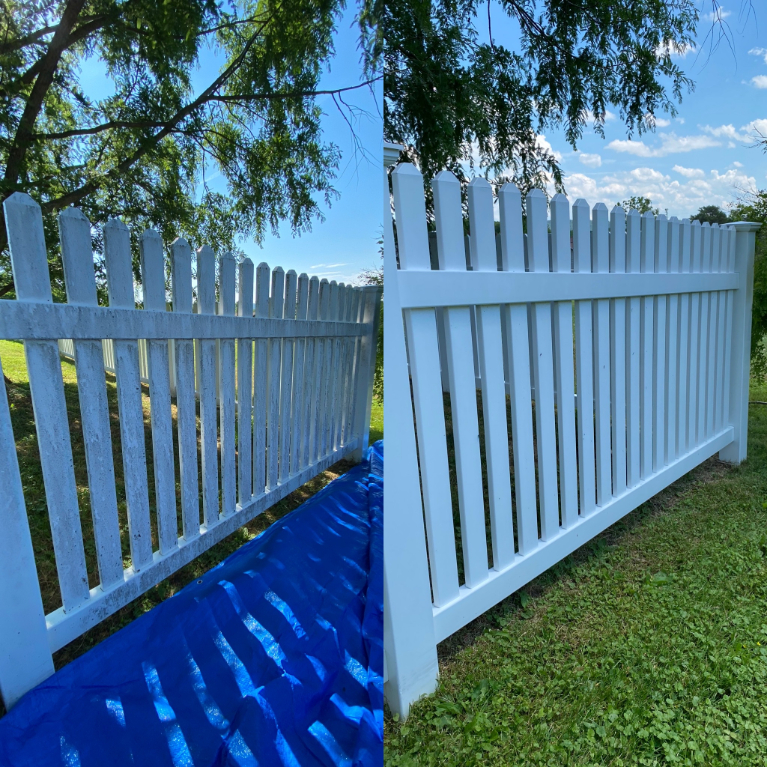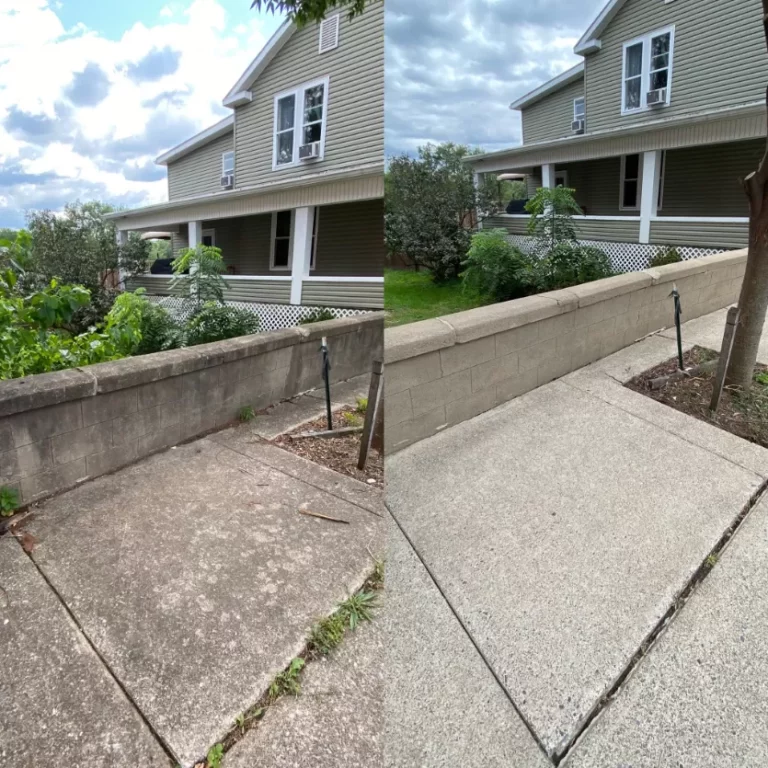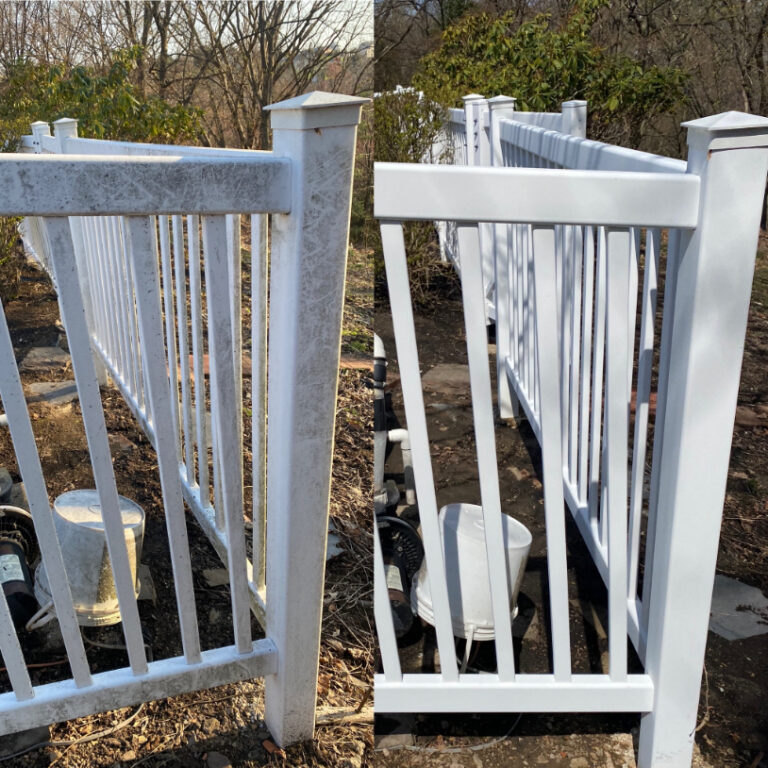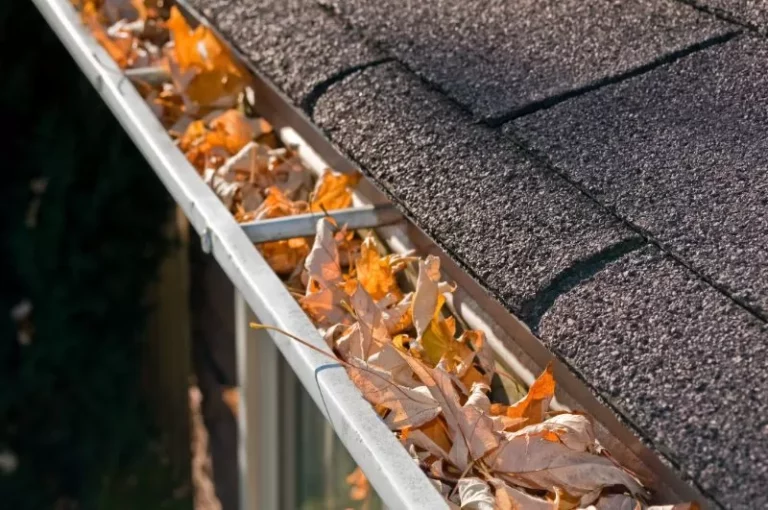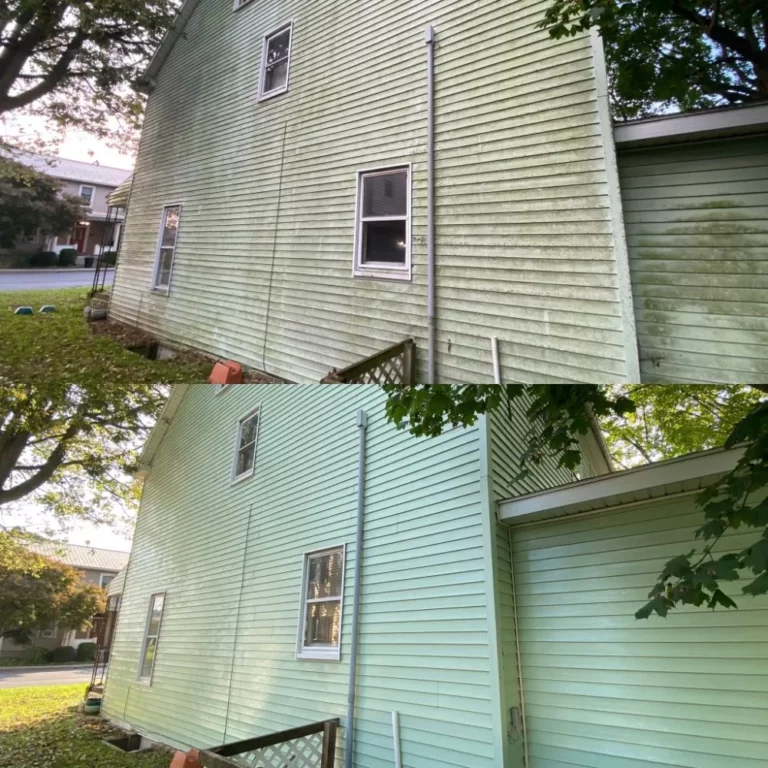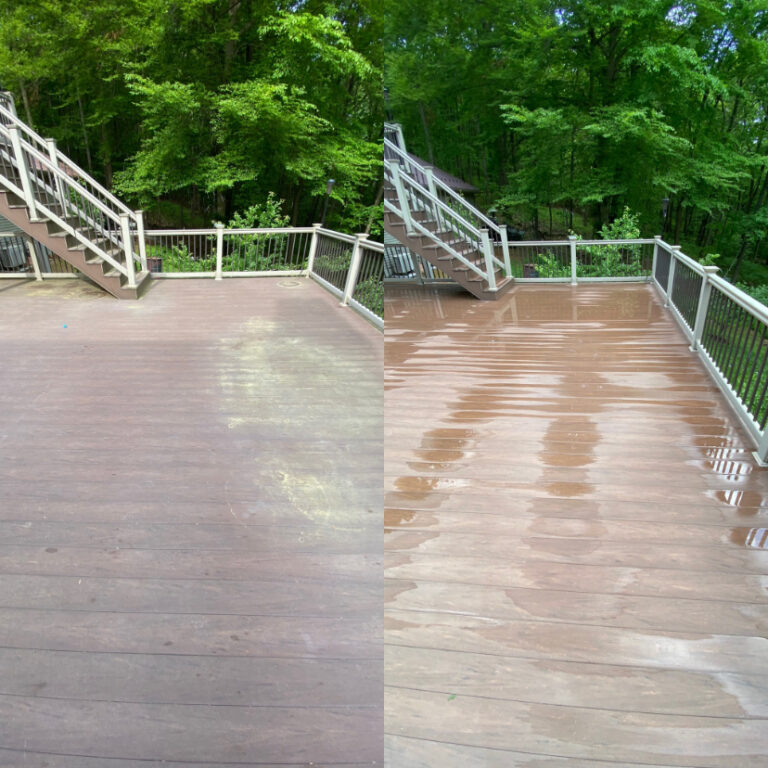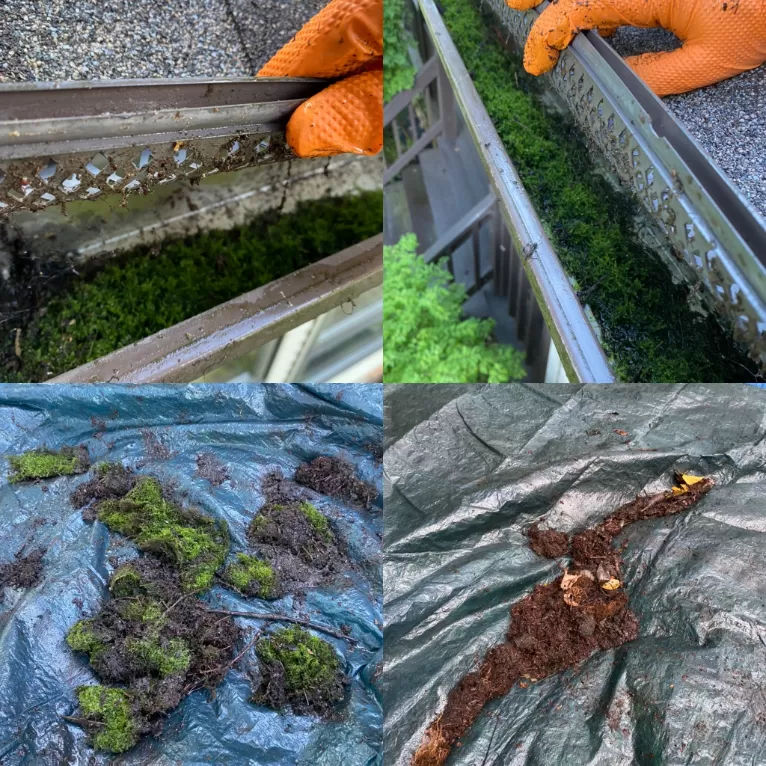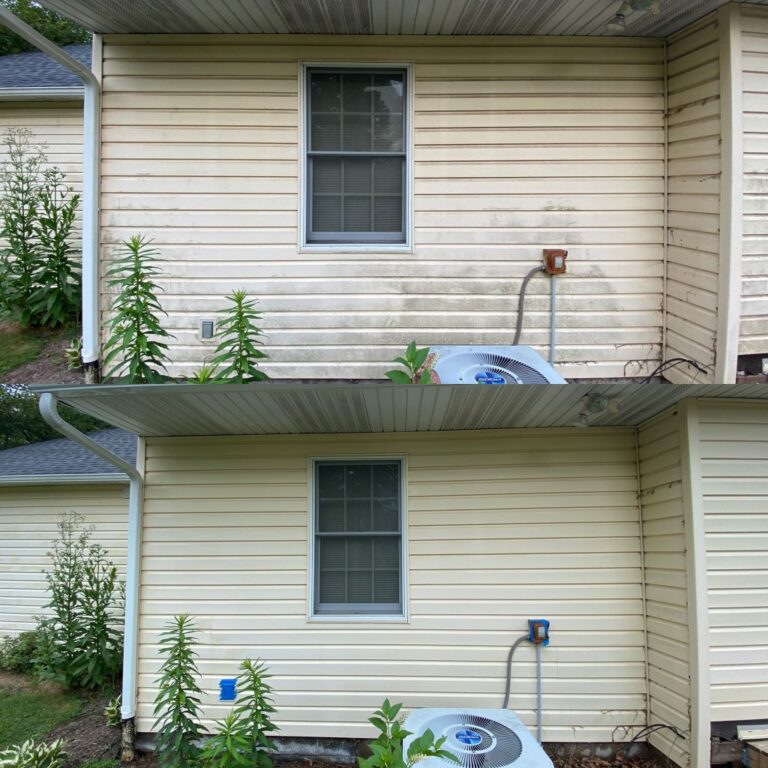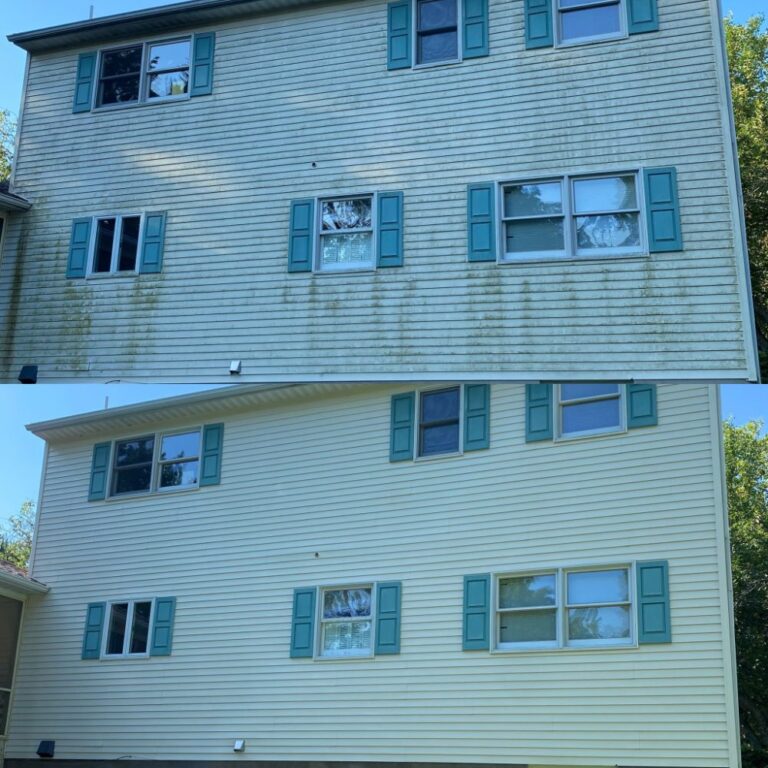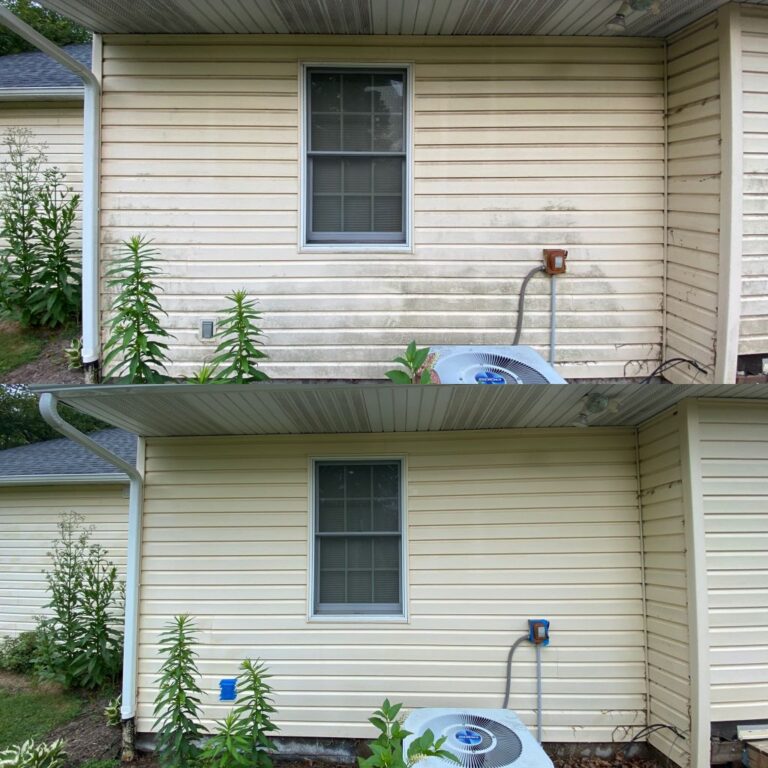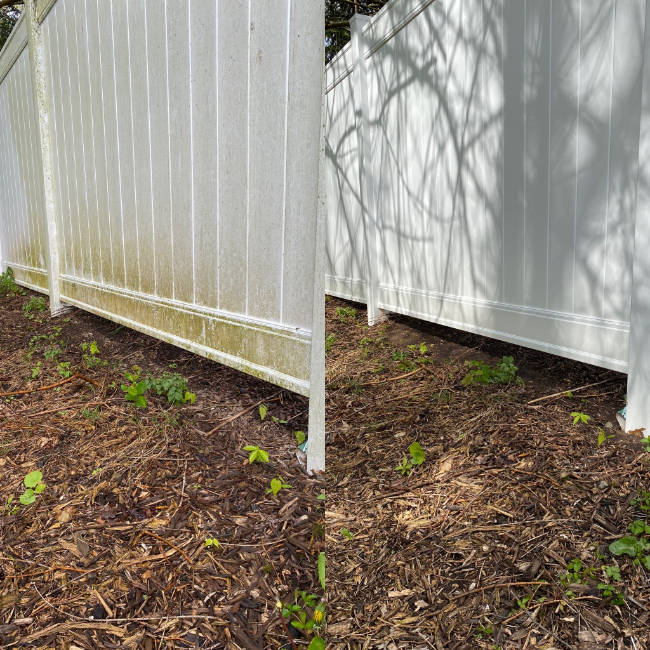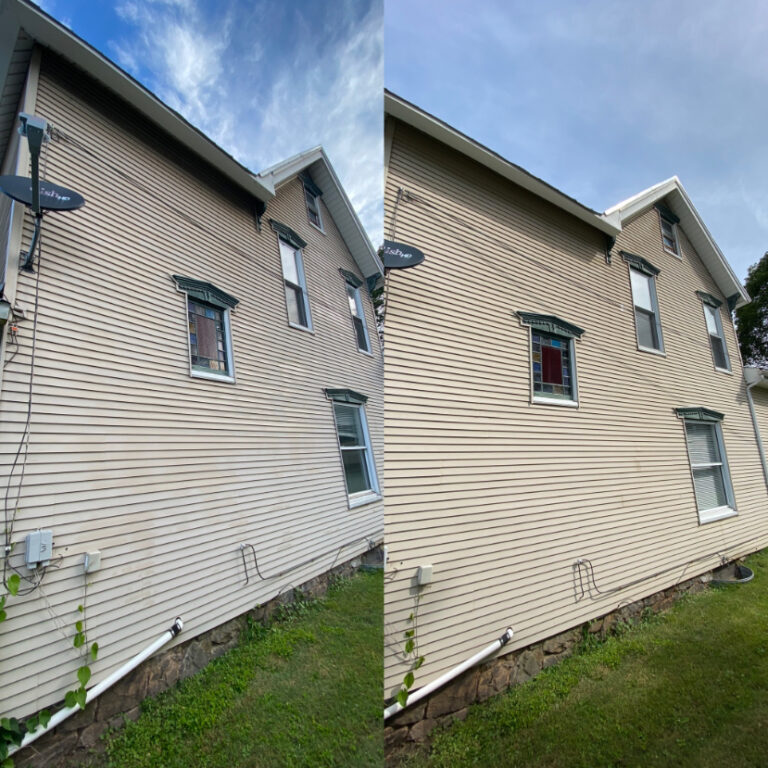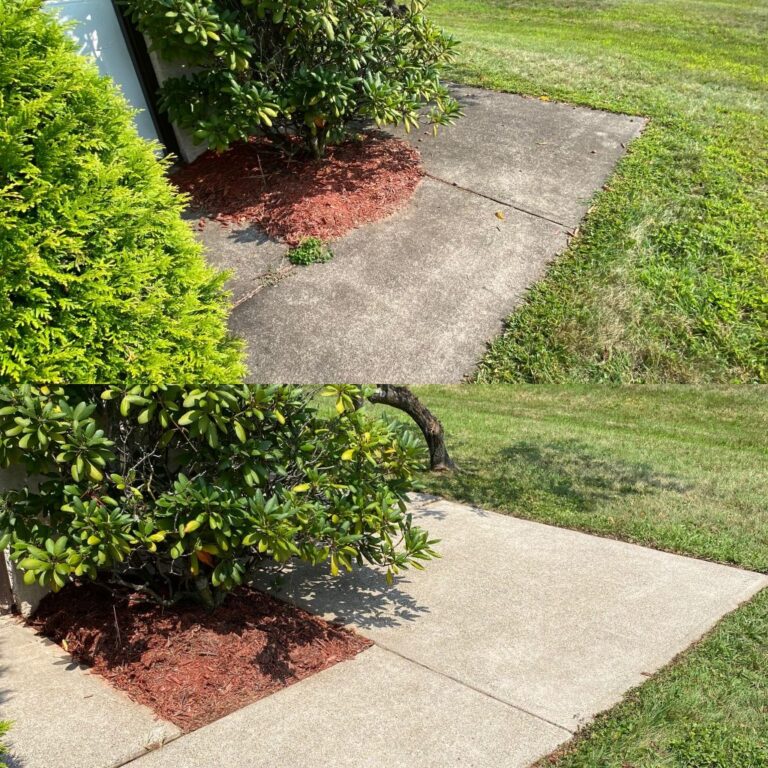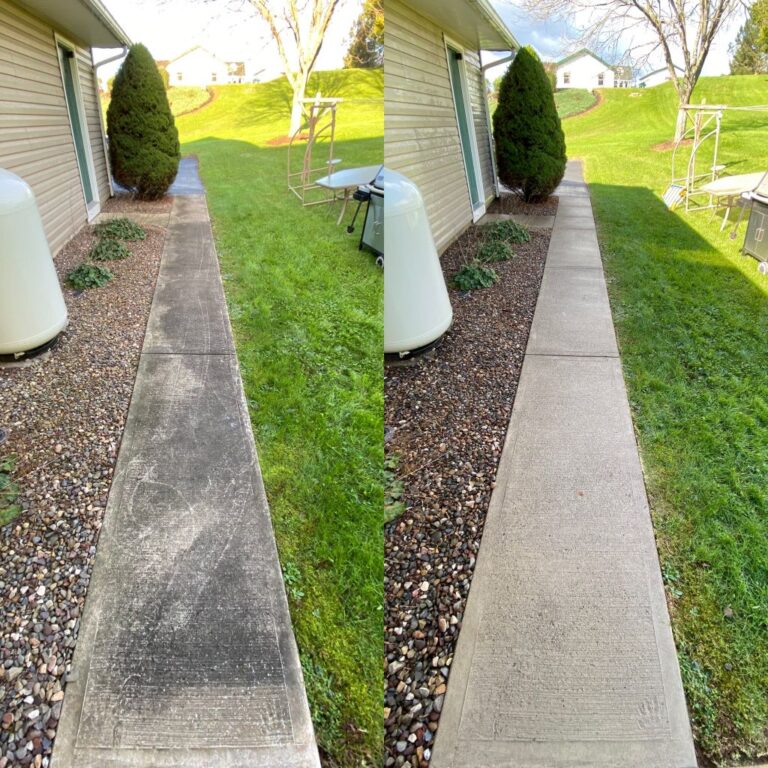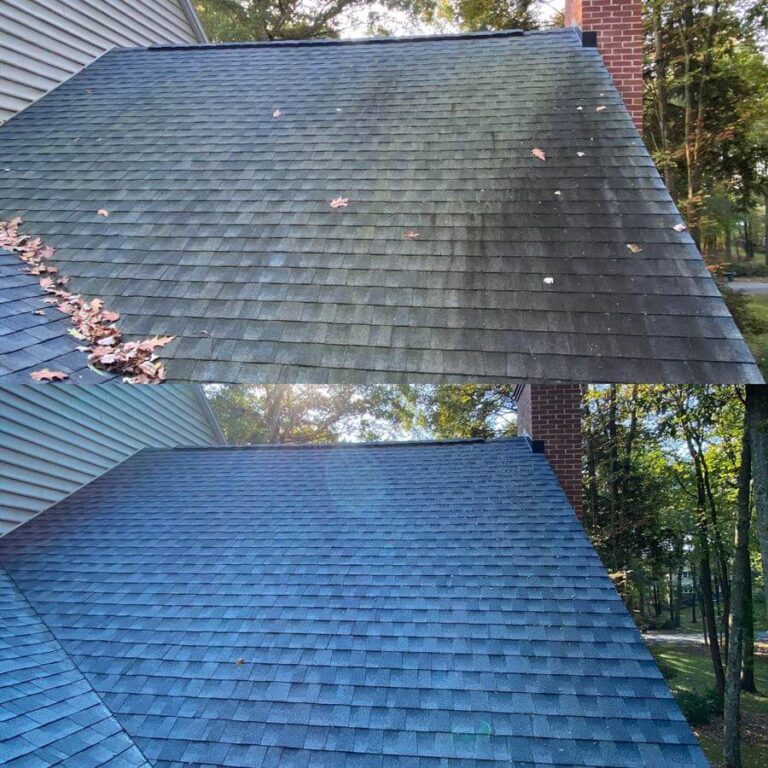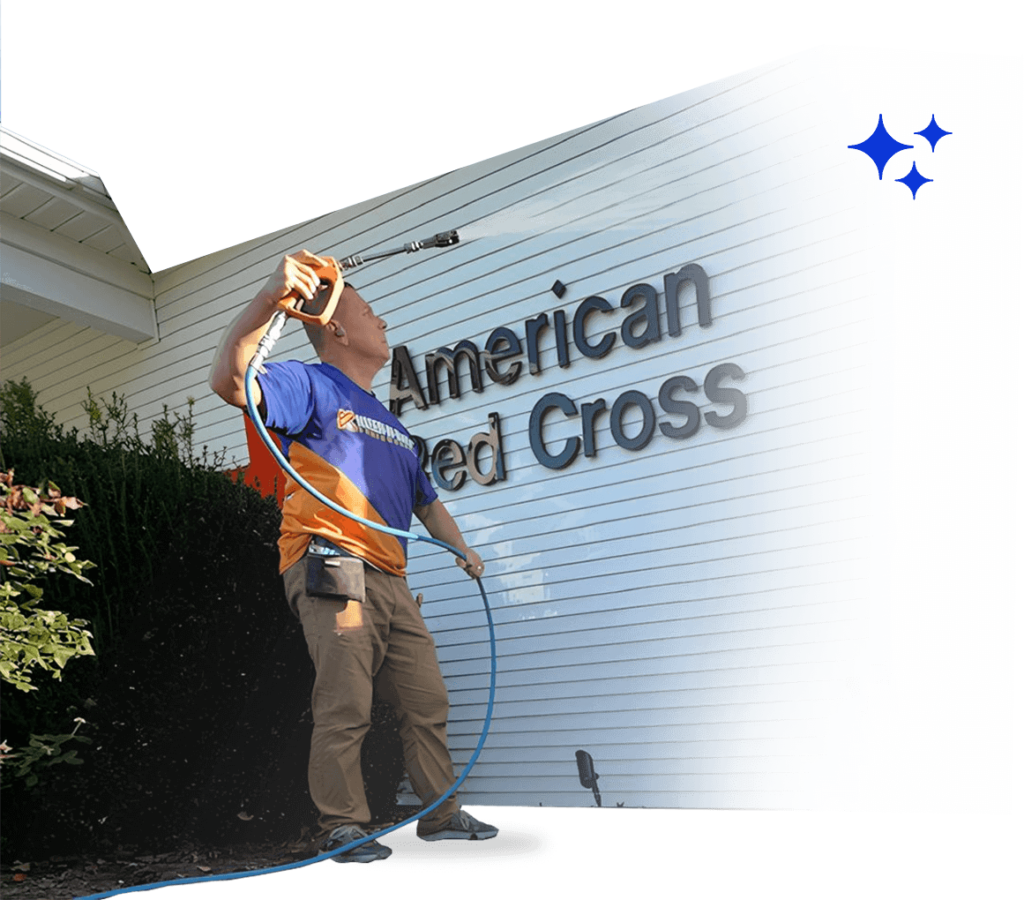
Pressure washing
NorthumberlandAND THE SURROUNDING AREAS
We now offer
Financing for You
you’re choosing high-quality work
Our exceptional services
our Commercial and Residential services
Towns we wash
Towns We Proudly Provide Our Services To


Check out our latest projects
Review Our Recent Work Highlights
Frequently Asked Questions
Keeping your roof clean offers a myriad of benefits that extend beyond aesthetic appeal. One primary advantage is the preservation of the roof’s structural integrity. Over time, a buildup of dirt, algae, moss, and other debris can compromise the materials of your roof, leading to deterioration and potential leaks. Softwashing, a gentle yet effective cleaning method that utilizes low-pressure water and environmentally friendly cleaning solutions, is particularly advantageous in this context. Unlike traditional power washing, soft wash roof cleaning ensures a thorough cleanse without causing damage to shingles, tiles, or protective coatings. By regularly employing soft washing techniques, you not only enhance the longevity of your roof but also mitigate the risk of costly repairs or replacements due to neglect.
Additionally, maintaining a clean roof contributes to the overall energy efficiency of your home. A roof covered in dark stains or algae can absorb more heat, leading to increased indoor temperatures. This can result in higher cooling costs as your HVAC system works harder to counteract the heat gain. By investing in softwashing to keep your roof free from such contaminants, you create a reflective surface that minimizes heat absorption, promoting a cooler interior and reducing your energy bills. In essence, the benefits of a clean roof extend beyond appearances, encompassing structural resilience and energy efficiency, making soft washing a valuable practice in preserving both the functionality and comfort of your home.
Special thanks to All Washed Up for sharing these tips!
The frequency with which you should clean your gutters depends on various factors, including the surrounding environment and the types of trees near your home. As a general guideline, it’s recommended to clean your gutters at least twice a year—once in the spring and again in the fall. These seasons are crucial times to clear out debris such as leaves, twigs, and other organic matter that can accumulate and clog your gutters.
However, if your home is surrounded by tall trees with heavy foliage, you may need to clean your gutters more frequently. In such cases, consider checking and cleaning them quarterly to prevent the accumulation of debris that can lead to water overflow, potential water damage to your home, and the breeding ground for pests. Additionally, after severe weather events, such as heavy storms, it’s advisable to inspect and clean your gutters to ensure they are clear of any debris that may have been deposited.
Regular gutter maintenance is essential to prevent water damage to your home’s foundation, basement, and exterior. By staying proactive and adjusting the cleaning frequency based on your specific circumstances, you can ensure that your gutters effectively redirect rainwater away from your home, maintaining its structural integrity and preventing potential issues.
The answer to this question ultimately relies on your own personal preference and level of expertise. While power washing may seem like a simple task, it is important to consider the potential risks and benefits before deciding whether to tackle this job yourself or hire a professional company.
First and foremost, let’s discuss the benefits of hiring a professional power-washing company. These companies have specific training and experience in handling high-pressure equipment, which significantly reduces the chances of property damage or injury. Not only that, but they also have access to industrial-grade equipment that can effectively remove even the toughest grime and stains from various surfaces.
Furthermore, professional power washing companies often use eco-friendly cleaning solutions that are not harmful to your health or the environment. This is particularly important if you have children or pets who spend time in your outdoor areas.
On the other hand, performing power washing yourself may save you some money upfront but can potentially cost you more in the long run if not done correctly. With proper knowledge and training, you can avoid damaging delicate surfaces such as wood siding or windows. Additionally, using harsh chemicals without proper precautions can pose health hazards for both yourself and others around you.
If you do decide to perform power washing yourself, make sure to thoroughly research safety measures and techniques beforehand. It is also crucial to carefully read instructions on any cleaning products being used and wear appropriate protective gear.
This information was provided by True Clean ProWash!
The frequency of pressure washing your brick surfaces largely depends on the local climate and the environmental conditions around your home. Generally, it’s recommended that brick exteriors be pressure washed approximately every 12 to 24 months. However, if your home is located in an area with high levels of pollution, or it’s exposed to severe weather conditions frequently, you may need to pressure wash it more often.
Pressure washing can help maintain the appearance of your brickwork, removing dirt, grime, mildew, and other stains that can accumulate over time. It also helps preserve the integrity of the brick by eliminating potentially damaging substances like moss and algae. However, it’s important to note that pressure washing should always be done carefully and professionally, as improper technique or too much pressure can damage the brick.
Remember, while regular cleaning is vital for maintaining your home’s curb appeal and structural integrity, always ensure that it’s done properly. If you’re unsure about how to pressure wash your brick effectively, consider hiring a professional service to avoid causing unintentional damage. This valuable information was provided by Curb Appeal Pressure Washing!
Pressure washing services costs can vary widely depending on a variety of factors. One of the primary determinants of the cost is the size of the area to be pressure washed. For example, a larger house or property will generally cost more to pressure wash than a smaller one. Other factors that can influence the price include the condition of the surface to be cleaned, the type of material (such as concrete, wood, or vinyl siding), and the level of dirt or grime.
Additionally, geographical location can also affect the cost of pressure washing services. Rates may be higher in areas with a high cost of living compared to regions where the cost of living is lower. It’s also important to note that many companies have minimum charges, which means even small jobs could still cost a certain amount. Ultimately, the total cost will depend on the individual circumstances of each job. Special thanks to Pressure Power Pros for answering this question!
Concrete power washing is a cleaning technique that utilizes high-pressure water to remove unsightly dirt, grime, mold, and other stubborn stains from concrete surfaces. This method is highly effective for revitalizing the appearance of driveways, sidewalks, patios, and other concrete areas around homes and commercial properties. By employing a powerful stream of water, power washing can reach deep into the pores of the concrete to extract contaminants that regular cleaning methods cannot remove, restoring the surface to a like-new condition.
In addition to improving aesthetic appeal, concrete power washing plays a crucial role in maintaining the integrity of the surface. Over time, the accumulation of dirt, moisture, and organic materials can lead to the degradation of concrete, potentially causing cracks, chips, and other structural damages. Regular power washing helps prevent this deterioration, extending the lifespan of the concrete and saving property owners from costly repairs. This valuable information was provided by Curb Appeal Pressure Washing!
Investing in commercial power washing for your business is crucial for maintaining a clean and professional appearance. A well-maintained exterior creates a positive first impression for customers and clients, enhancing your business’s reputation. Regular cleaning removes dirt, grime, mold, and other unsightly substances that can accumulate over time, making your property look fresh and inviting. This not only attracts more customers but also boosts employee morale by providing a clean and pleasant work environment.
Beyond aesthetics, commercial power washing also helps protect the structural integrity of your property. Accumulations of mold, mildew, algae, and other contaminants can cause long-term damage to building materials if left untreated. By investing in regular power washing, you prevent these substances from degrading surfaces, ultimately saving on costly repairs and extending the lifespan of your property. This proactive maintenance approach ensures your business premises remain safe, durable, and visually appealing. Special thanks to Paneless Window Cleaning for answering this question!
Generally, it’s recommended to power wash your house once a year. This annual cleaning helps maintain the exterior’s appearance by removing accumulated dirt, grime, mold, and mildew, which can cause damage over time. Regular maintenance can also help identify potential issues like cracks or areas of wear that may need attention.
However, the specific frequency can depend on various factors such as your local climate, the amount of shade your house receives, and its proximity to trees or busy roads. Homes in humid or coastal areas may require more frequent washing due to increased moisture and salt buildup, while those in dry, dust-prone regions might also benefit from additional cleanings to maintain their aesthetics and structural integrity. Thank you Spartan Power Washing for sharing this information with us!
The cost to power wash a house varies depending on several factors such as the size of the home, the type of exterior material, and the extent of dirt or grime buildup. Typically, smaller homes with less surface area to clean will cost less, while larger homes or those with heavily soiled exteriors may incur higher costs. Additionally, unique architectural features and the presence of multiple stories can also influence the overall price.
Other considerations that can impact the cost include the need for specialized cleaning solutions for different materials like brick, vinyl, or stucco. Homeowners should also factor in any additional services they might require, such as driveway or roof cleaning. To get the best value, it’s advisable to request quotes from multiple providers and ensure they include a breakdown of services offered. This information was provided by A+ Exterior Cleaning! You can check them out here: https://aplusexteriorcleaning.com/


